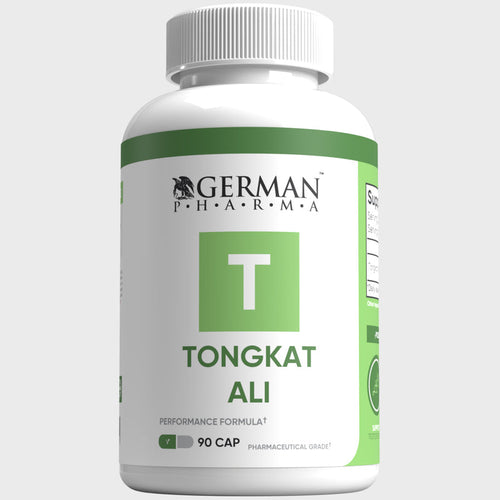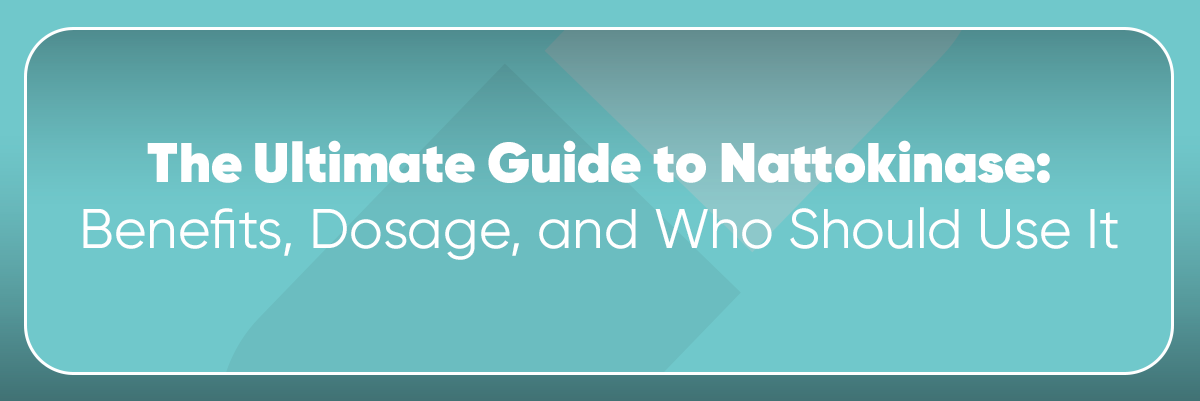Unlocking the Power of Palmitoylethanolamide (PEA): Uses, Benefits, Dosage, and More
Palmitoylethanolamide (PEA) is a naturally occurring fatty acid derivative gaining recognition for its potential in managing pain, inflammation, and chronic conditions. With growing interest from researchers and consumers, PEA has emerged as a noteworthy supplement. In this guide, we’ll dive into what PEA is, its benefits, how it works, dosage recommendations, and who might benefit from adding it to their routine.
Table of Contents
- What is Palmitoylethanolamide (PEA)?
- How Does PEA Work?
- Benefits of PEA Supplementation
- Who Should Take PEA?
- Dosage Recommendations
- Are There Any Side Effects?
- FAQs About PEA
- Conclusion: Should You Try PEA?
What is Palmitoylethanolamide (PEA)?

Palmitoylethanolamide (PEA) is a naturally occurring lipid molecule in the fatty acid amide family. Produced by the body in response to pain or inflammation, PEA acts as an anti-inflammatory and analgesic agent. Although it has been studied since the 1950s, its therapeutic potential has recently come to light due to its ability to modulate the body’s endocannabinoid system. PEA can be found in small amounts in foods like egg yolks, soybeans, and peanuts, but supplementation is often necessary to achieve therapeutic benefits.
How Does PEA Work?

PEA works through several biological mechanisms that help manage pain and inflammation:
- Modulation of the Endocannabinoid System: PEA enhances the effects of anandamide, a cannabinoid that helps reduce pain and inflammation.
- Activation of PPAR-α: PEA activates PPAR-α, a receptor that reduces inflammation, pain, and regulates energy metabolism.
- Inhibition of Mast Cell Activation: By inhibiting mast cells that release proinflammatory molecules, PEA reduces swelling and pain.
- Reduction of Nerve Pain (Neuroinflammation): Studies show PEA reduces neuroinflammation linked to chronic pain conditions like neuropathy, sciatica, and fibromyalgia.
Benefits of PEA Supplementation

1. Pain Relief
PEA has been widely studied for its ability to relieve pain, especially in chronic conditions. Research shows its potential to alleviate neuropathic pain and lower back pain. A 2010 study found that PEA significantly reduced sciatica pain after just three weeks of supplementation.
2. Anti-Inflammatory Effects
Inflammation underpins many chronic diseases, such as arthritis and heart disease. PEA modulates inflammatory pathways, offering a natural, safer alternative to non-steroidal anti-inflammatory drugs (NSAIDs) without suppressing the immune system.
3. Neurological Protection
PEA’s neuroprotective effects suggest it may help manage neurological diseases like Alzheimer’s, Parkinson’s, and multiple sclerosis by reducing oxidative stress and inflammation in neurons.
4. Chronic Pain Syndromes
PEA is effective in managing chronic pain syndromes like Complex Regional Pain Syndrome (CRPS), providing relief from pain and swelling.
5. Support for Respiratory Health
Research dating back to the 1970s shows that PEA supplementation helped reduce the severity and duration of flu symptoms, suggesting it might help with other respiratory infections.
6. Joint Health and Mobility
PEA may benefit individuals with osteoarthritis and other joint conditions by reducing inflammation and improving mobility.
Who Should Take PEA?

PEA is well-tolerated and considered safe for various groups:
- Chronic Pain Sufferers: People with neuropathic pain, lower back pain, or chronic pain syndromes may benefit from PEA.
- Individuals with Inflammatory Conditions: Those with arthritis, IBD, or other inflammation-related issues might find relief with PEA.
- Athletes: PEA can help athletes manage pain and inflammation caused by rigorous training without affecting performance.
- Older Adults: PEA may offer a safer alternative to long-term NSAID use for managing age-related joint pain.
- Neuroprotection Seekers: PEA’s potential to reduce cognitive decline makes it an appealing option for those managing or at risk of neurological conditions.
Dosage Recommendations

The recommended dosage varies depending on the severity of the condition:
- Mild Pain/Inflammation: 300-600 mg per day
- Moderate Pain/Inflammation: 600-1200 mg per day
- Severe Pain/Chronic Conditions: 1200-1800 mg per day
PEA is typically taken in divided doses, and it can take 1 to 4 weeks for full benefits. Always consult a healthcare professional before starting supplementation.
Are There Any Side Effects?

One of the most significant advantages of PEA is its excellent safety profile. Research shows that PEA is well-tolerated, even at high doses, and does not cause gastrointestinal or cardiovascular side effects like NSAIDs. However, consulting a healthcare provider is recommended if you are pregnant, breastfeeding, or on other medications.
FAQs About PEA

- How long does it take for PEA to work? It may take 1-4 weeks for PEA to show its full effects, especially for chronic conditions.
- Can I take PEA with other medications? Yes, but always consult your doctor, especially if you're on pain, inflammation, or chronic condition medications.
- Is PEA safe for long-term use? Yes, studies have shown that PEA is safe for long-term use without significant side effects.
- Can I find PEA in food sources? While PEA is present in small amounts in foods like egg yolks and peanuts, the concentrations are too low to provide therapeutic benefits. Therefore, supplementation is often necessary for effective results.
Conclusion: Should You Try PEA?

If you’re looking for a natural, well-tolerated supplement to manage pain, inflammation, or support neurological health, Palmitoylethanolamide (PEA) may be worth considering. Its broad benefits, ranging from pain relief to anti-inflammatory effects, make it an appealing option for many people, especially those seeking alternatives to pharmaceutical treatments. As always, consult a healthcare provider before adding PEA to your supplement regimen, particularly if you have an existing medical condition or are taking other medications.





Leave a comment
All comments are moderated before being published.
This site is protected by hCaptcha and the hCaptcha Privacy Policy and Terms of Service apply.